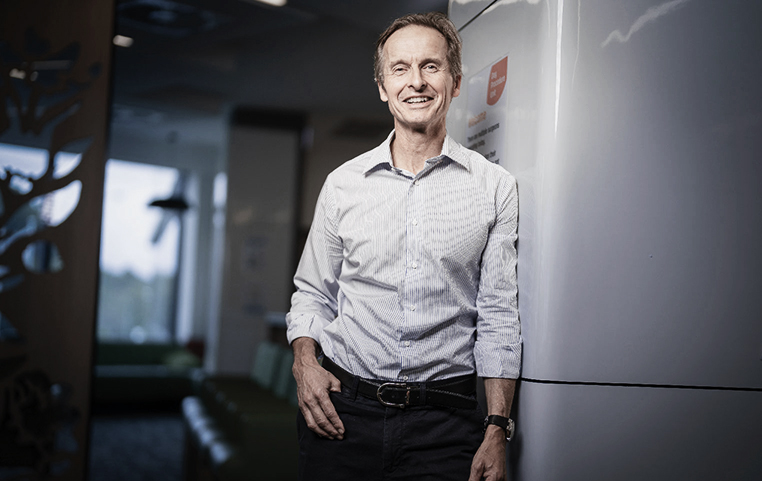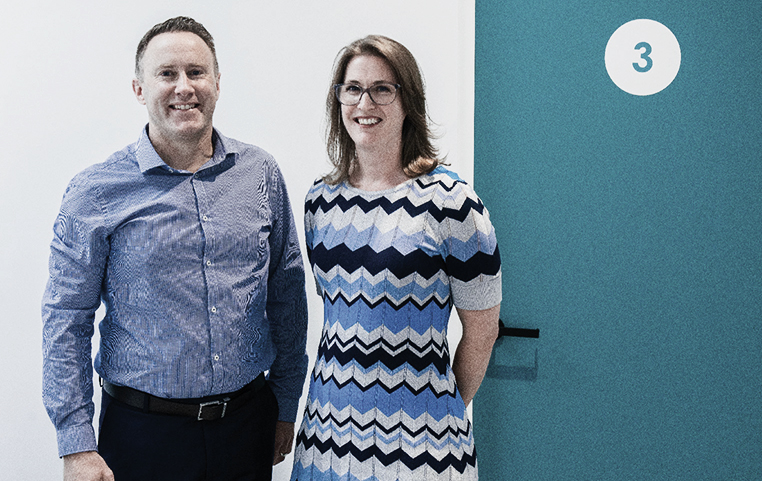Dr Alice Frampton on the unexpected joys of practice ownership
When development delays impacted all the careful planning GP Dr Alice Frampton and husband Kieran put into their new practice, they kept the faith—and now their business is thriving.
Learn More

